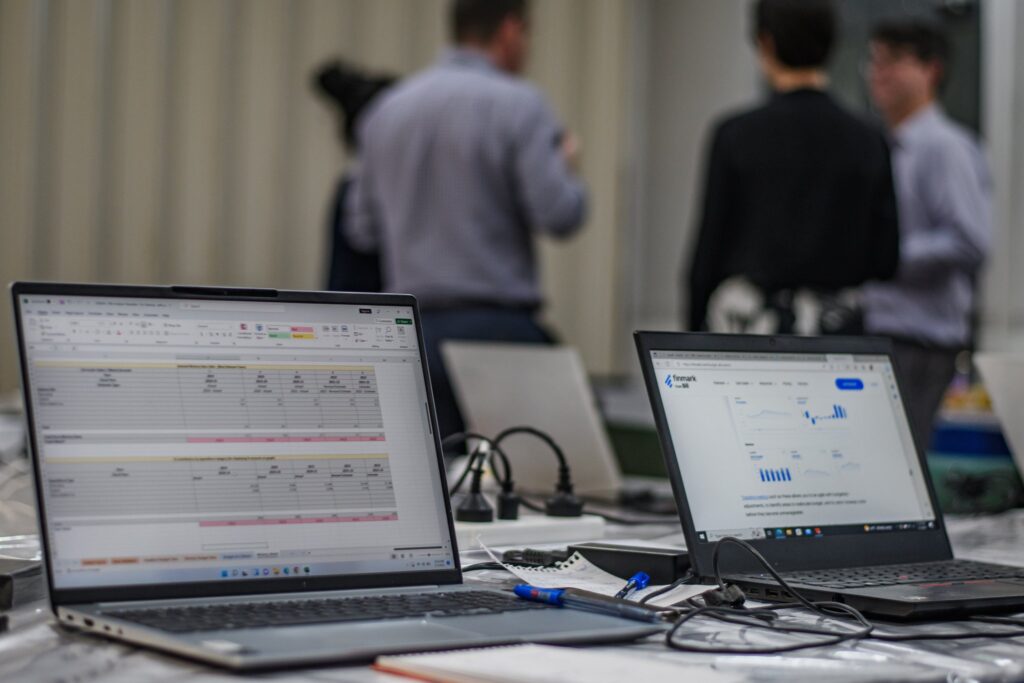Complex Data, Real Insights.
I transform complex datasets into actionable intelligence for better decision-making and lasting impact.

Giles holds specialized expertise in data analytics, econometrics and evidence-based policy. Giles holds an Honours Degree in Economics (master equivalent), with a Major in Econometrics and holds a specialization certificate in Data Science from Johns Hopkins University. His technical expertise spans statistical programming languages including R and Python, with particular focus on data visualization and econometric analysis.
His project experience includes developing data solutions for international organizations such as the United Nations Development Programme and the London School of Economic’s International Growth Centre. Notable achievements include leading the development of Myanmar’s first online budget data portal and implementing risk monitoring systems for UNDP operations in Europe.
Case Study: Measuring Climate Integration in Public Finances
Problem
A client engaged me to assess their methodology for evaluating how effectively national public financial management (PFM) systems integrate climate change considerations. The client’s methodology aimed to identify strengths and weaknesses in budgeting for climate change, gender equality, and social inclusion (GESI). They sought guidance on the validity of their approach, the sensitivity of country scores, and how best to present the results to policymakers for maximum impact.
My task was to conduct a formal evaluation of the client’s methodology, ensuring its effectiveness in highlighting reform opportunities to policymakers. The goal was to provide actionable recommendations to enhance the methodology’s rigor and improve the presentation of results to drive policymaker engagement.
Approach
Taking a systematic approach to this multifaceted problem, I designed and led a comprehensive review that combined rigorous analysis with extensive stakeholder engagement. The process began with in-depth statistical analysis to understand how methodological adjustments would impact country assessments. This quantitative foundation was complemented by thorough stakeholder consultations, capturing valuable insights from those who regularly use and rely on these assessments.
To ensure best practices were incorporated, I conducted a focused literature review examining how national public financial management systems integrate climate change considerations. This research was enhanced by a comparative analysis of methodologies employed by leading international organizations, including the IMF and PEFA secretariat.
Impact
The project delivered significant, lasting impact. The client directly integrated the recommended methodological refinements into their assessment framework, strengthening the analytical foundation of their climate finance evaluations. Perhaps more importantly, new approaches for communicating results to policymakers were adopted, increasing the practical influence of these assessments on policy decisions.
Key Achievements
- Developed and implemented enhanced statistical methodology
- Created more effective frameworks for policy communication
- Secured leadership buy-in for systematic implementation
- Established new standards for climate finance assessment